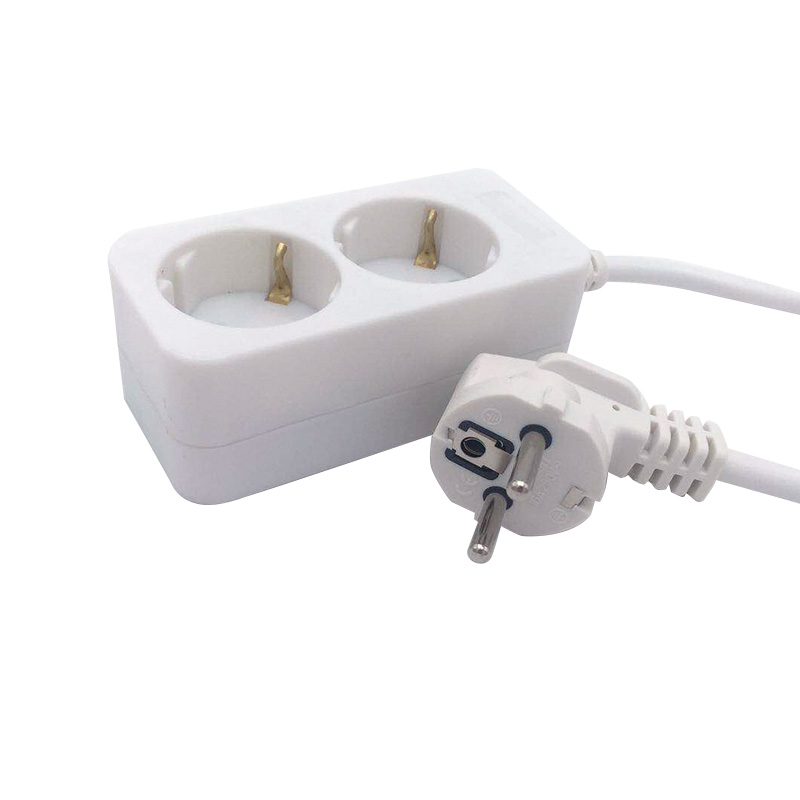Submit feedback
How does polypropylene's chemical resistance impact the long-term durability of power strips?
 2024.09.04
2024.09.04
 Industry News
Industry News
Polypropylene (PP) has become a popular material choice for power strips due to its remarkable chemical resistance, which significantly impacts the long-term durability and reliability of these electrical devices. As a thermoplastic polymer, polypropylene boasts a unique combination of properties that make it well-suited for various applications, including power strips. One of the key attributes of PP is its excellent resistance to a wide range of chemicals, which is crucial for maintaining the integrity and functionality of power strips over time.
In everyday use, power strips are exposed to various substances, from cleaning agents to spilled liquids. Polypropylene's inherent resistance to these chemicals helps protect the internal components of power strips from degradation. For instance, power strips often encounter cleaning products or accidental spills that can cause other materials to corrode or weaken. Because PP does not react with most chemicals, it prevents these substances from compromising the structural and electrical integrity of the power strip. This resistance extends to acids, bases, and alcohols, which are common in both industrial and home environments. Consequently, power strips made from polypropylene are less likely to suffer from chemical-induced deterioration, ensuring a longer service life.
The durability provided by polypropylene also translates to improved safety. Power strips are designed to handle electrical currents safely, and any compromise in their structural integrity can lead to failures or hazards such as short circuits or electrical shocks. By preventing chemical-induced damage, PP helps maintain the power strip’s insulating properties and overall safety performance. This is particularly important in settings where power strips are exposed to harsh environments or frequent handling, as the protective qualities of PP reduce the risk of accidents and malfunctions.
Furthermore, the use of polypropylene in power strips reflects broader trends in material science and manufacturing practices. As industries and consumers become more aware of the importance of durable and reliable products, the choice of materials like polypropylene demonstrates a commitment to quality and safety. The cost-effectiveness of PP, combined with its robust chemical resistance, provides a practical solution that meets the needs of various applications without compromising on performance or safety.
Polypropylene’s chemical resistance plays a critical role in enhancing the long-term durability of power strips. By shielding them from the potential adverse effects of chemical exposure, polypropylene ensures that power strips remain functional and safe throughout their lifespan. This durability not only benefits consumers by reducing the need for frequent replacements but also aligns with growing environmental and economic considerations in product design and manufacturing.

 TOP
TOP
 ENG
ENG
 English
English русский
русский 한국어
한국어 Deutsch
Deutsch









